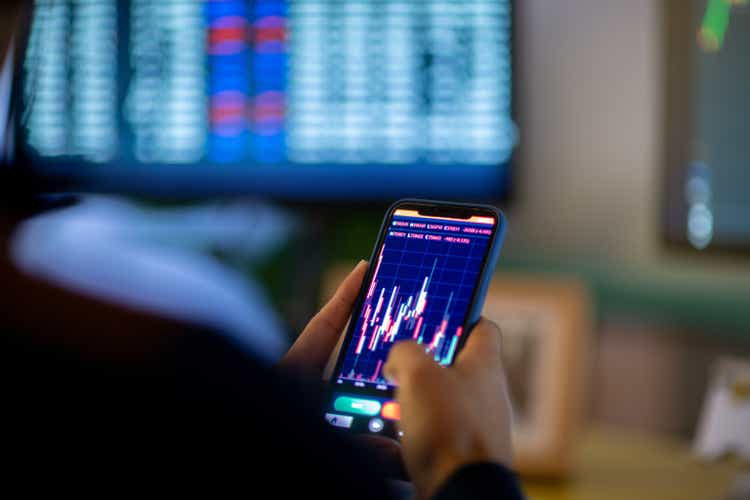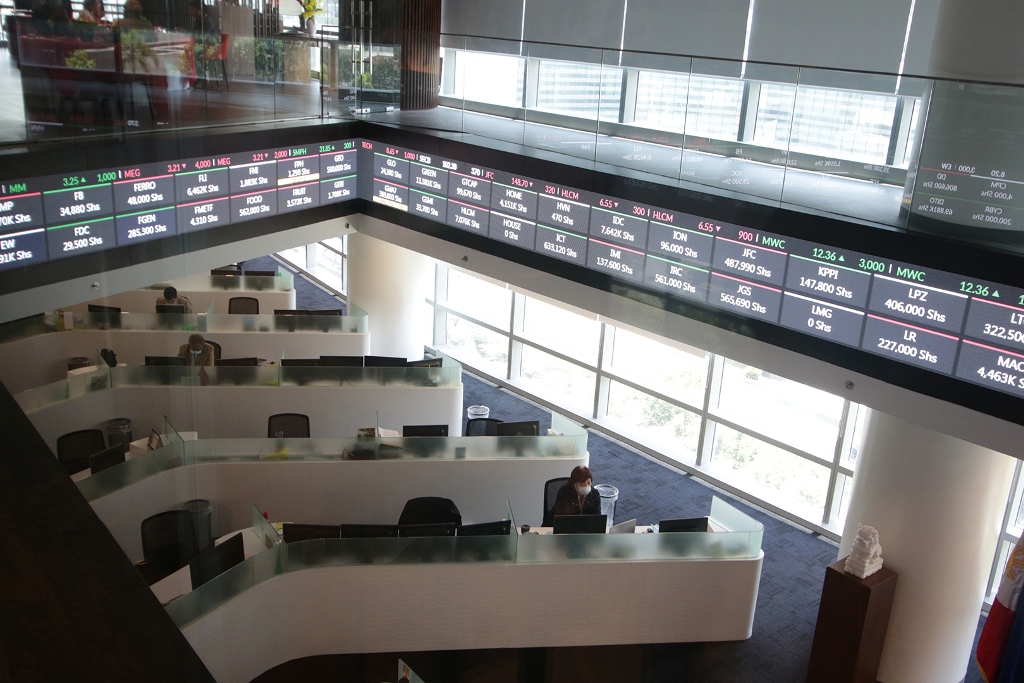The Ministry of External Affairs (MEA) has announced that Wang Yi, Foreign Minister of the People’s Republic of China, will pay an official visit to India on August 18–19, 2025, at the invitation of National Security Advisor (NSA) Shri Ajit Doval.
During the visit, the Chinese minister and NSA Doval will hold the 24th round of the Special Representatives’ (SR) Talks on the India–China boundary question.
Moreover, EAM S. Jaishankar will also hold a bilateral meeting with the Chinese Foreign Minister.
Planned meetings, events
According to the schedule, Wang Yi will arrive in New Delhi on August 18 at 4:15 pm and will later meet Dr Jaishankar at 6 pm at Hyderabad House.
The SR talks between the Special Representatives will take place on August 19 at 11 am, also at Hyderabad House.
Later that evening, at 5:30 pm, Wang Yi will call on the Prime Minister of India at 7-Lok Kalyan Marg. He is scheduled to depart New Delhi on the morning of August 20.
The MEA stated, "At the invitation of National Security Advisor Shri Ajit Doval, Member of the Politburo of the Communist Party of China and Chinese Foreign Minister H.E. Wang Yi will visit India on 18–19 August 2025.
Broader diplomatic context
Wang Yi’s visit comes ahead of Prime Minister Narendra Modi’s scheduled trip to China to attend the Shanghai Cooperation Organisation (SCO) Summit in Tianjin from August 31 to September 1, 2025.
Leaders from over 20 countries and representatives of 10 international organisations are expected to participate.
The visit is taking place at a time of renewed diplomatic engagement between India and China. Recent developments include:
- An agreement to disengage and resume patrolling in the Depsang Plains and Demchok areas along the Line of Actual Control (LAC).
- The resumption of the Kailash Mansarovar Yatra, seen as a sign of cultural and people-to-people exchanges.
- The reopening of tourist visas after five years and revival of trade ties, with Indian diesel cargo shipped to China for the first time in over three years.
- Continued engagement in multilateral platforms including BRICS, SCO, and G20, signaling efforts to strengthen regional and global cooperation

 3 hours ago
1
3 hours ago
1




















 English (US) ·
English (US) ·